Description
Redbud Tree (Cercis canadensis) – 1 Yr Old Seedling
Overview
The Redbud Tree (Cercis canadensis) is a stunning ornamental tree prized for its vibrant pink-to-purple spring blooms and graceful form. This deciduous tree is perfect for adding a touch of elegance and charm to any landscape, with its heart-shaped leaves and compact size making it an excellent choice for gardens, patios, or as a standalone feature.
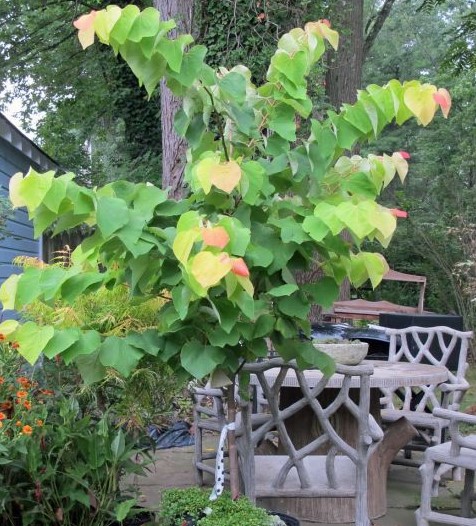
Native Range
The Eastern Redbud is native to the eastern and central United States and parts of Canada. It naturally thrives along forest edges, in meadows, and near streams, where it brightens the environment with its vivid spring flowers.
Growth and Form
- Height: Typically grows 20–30 feet tall, with a moderate growth rate of about 13–24 inches per year.
- Spread: Develops a rounded, vase-like canopy with a spread of 25–35 feet at maturity.
- Lifespan: Can live up to 50–75 years under proper care.
- Foliage: Heart-shaped leaves emerge reddish-purple in spring, transition to green in summer, and turn yellow in fall.
- Flowers: Clusters of small, pea-shaped blooms cover bare branches in early spring before the leaves appear.
Ecological Benefits
- Pollinator Magnet: Its nectar-rich flowers attract bees, butterflies, and other pollinators.
- Wildlife Shelter: Offers shelter and nesting sites for birds and small mammals.
- Erosion Control: Its root system helps stabilize soil, making it ideal for planting on slopes or near water.
Hardiness and Climate Tolerance
- Hardiness Zones: 4–9, making it a versatile option for various climates.
- Drought Tolerance: Moderately drought-tolerant once established.
- Soil Adaptability: Prefers well-drained, moist soils but can tolerate clay or sandy conditions.
Planting and Care
- Planting Location: Thrives in full sun to partial shade. For best flowering, ensure it gets 4–6 hours of sunlight daily.
- Soil Preparation: Loamy soil with good drainage is ideal, though it adapts well to various soil types.
- Watering: Regular watering during the first two years is essential for establishment. Once mature, it requires occasional watering during prolonged dry periods.
- Pruning: Minimal pruning is needed; remove dead or crossing branches in late winter or early spring.
- Fertilization: Apply a balanced, slow-release fertilizer in early spring to promote healthy growth.
Potential Problems
- Canker Disease: Commonly affects stressed or damaged trees. Ensure proper planting and watering to reduce susceptibility.
- Verticillium Wilt: A soil-borne fungal disease that can impact the tree; choose disease-resistant varieties if available.
- Pests: Rarely impacted by pests but may occasionally attract treehoppers or caterpillars.
Uses
- Ornamental Landscaping: Perfect as a focal point in gardens or as part of a mixed border.
- Pollinator Gardens: Supports local ecosystems by attracting bees and butterflies.
- Shade Tree: Provides dappled shade, ideal for seating areas or garden beds.

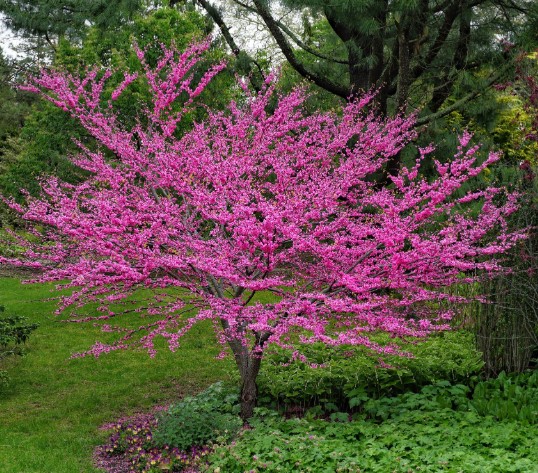
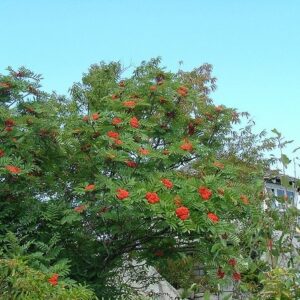
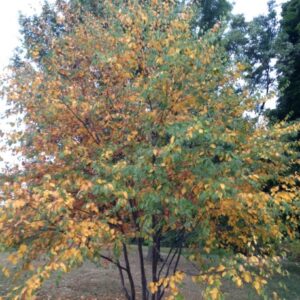

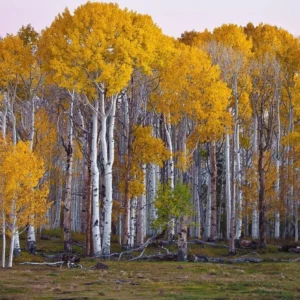
Reviews
There are no reviews yet.